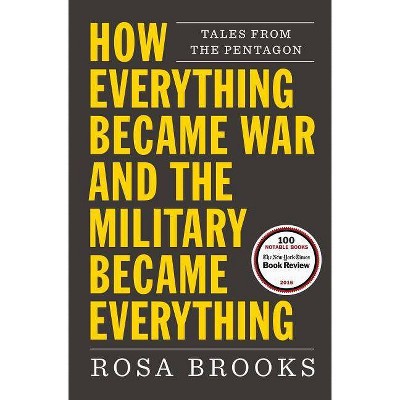
$14.69Save $11.30 (43% off)
In Stock
Eligible for registries and wish lists
About this item
Additional product information and recommendations
Discover more options
Frequently bought together

$8.99
Buy 1, get 1 50% off select books, movies & games
4.6 out of 5 stars with 197 ratings

$9.75
MSRP $18.00
Buy 1, get 1 50% off select books, movies & games
3.6 out of 5 stars with 9 ratings

$12.29
MSRP $20.95
Buy 1, get 1 50% off select books, movies & games
5 out of 5 stars with 1 ratings

$18.88
MSRP $27.00
Buy 1, get 1 50% off select books, movies & games
4.8 out of 5 stars with 590 ratings








